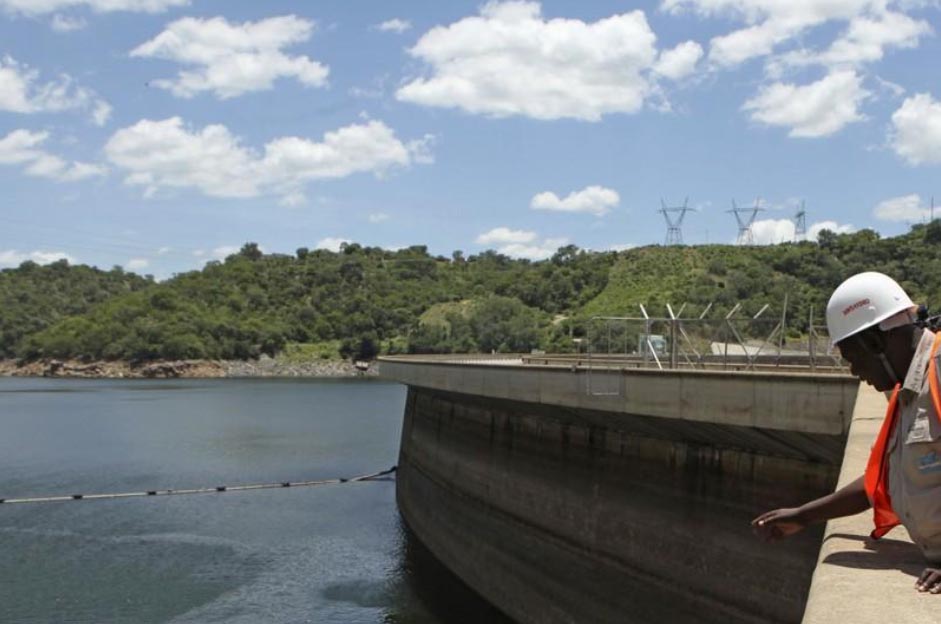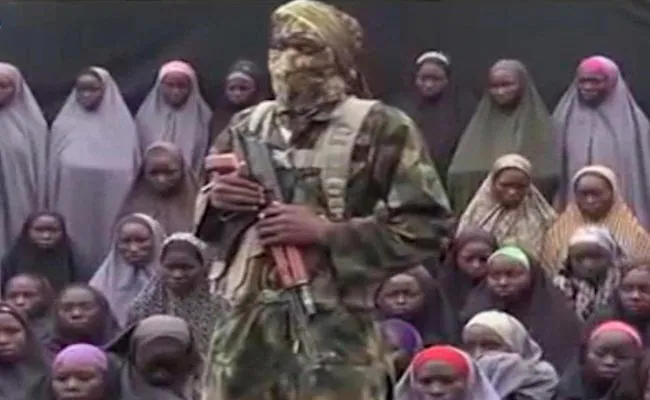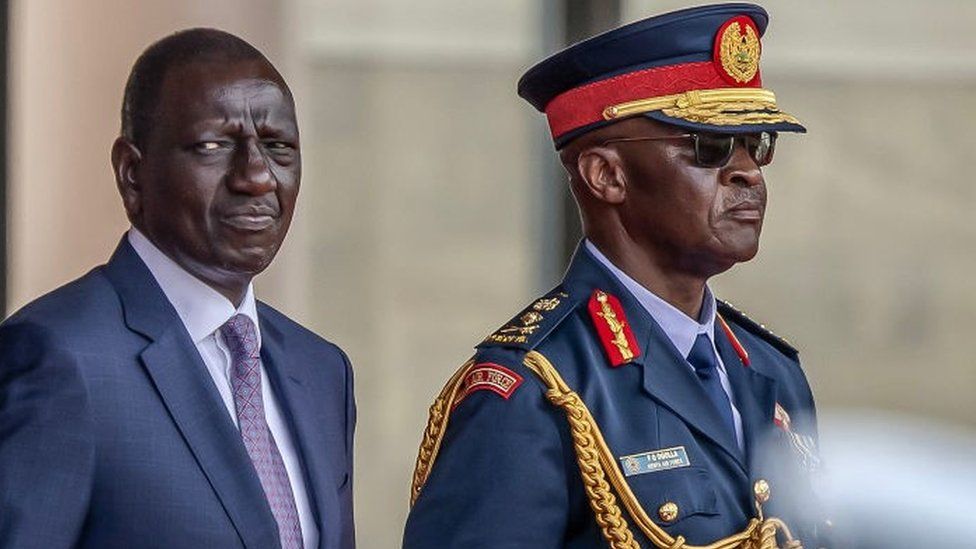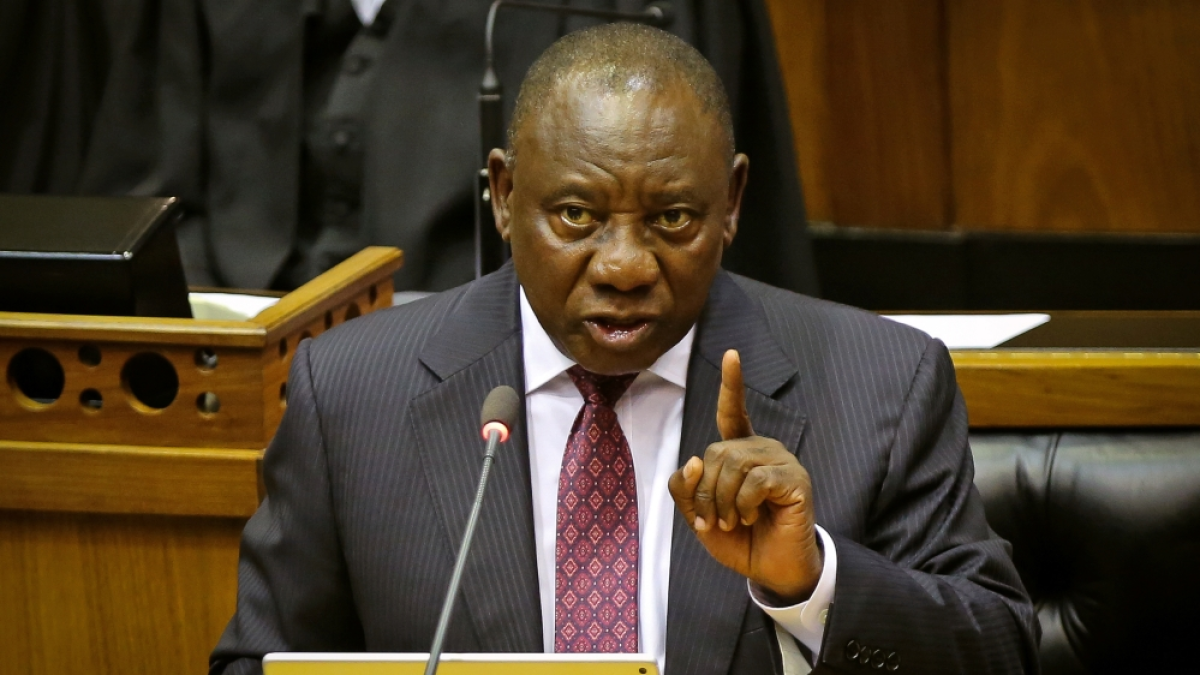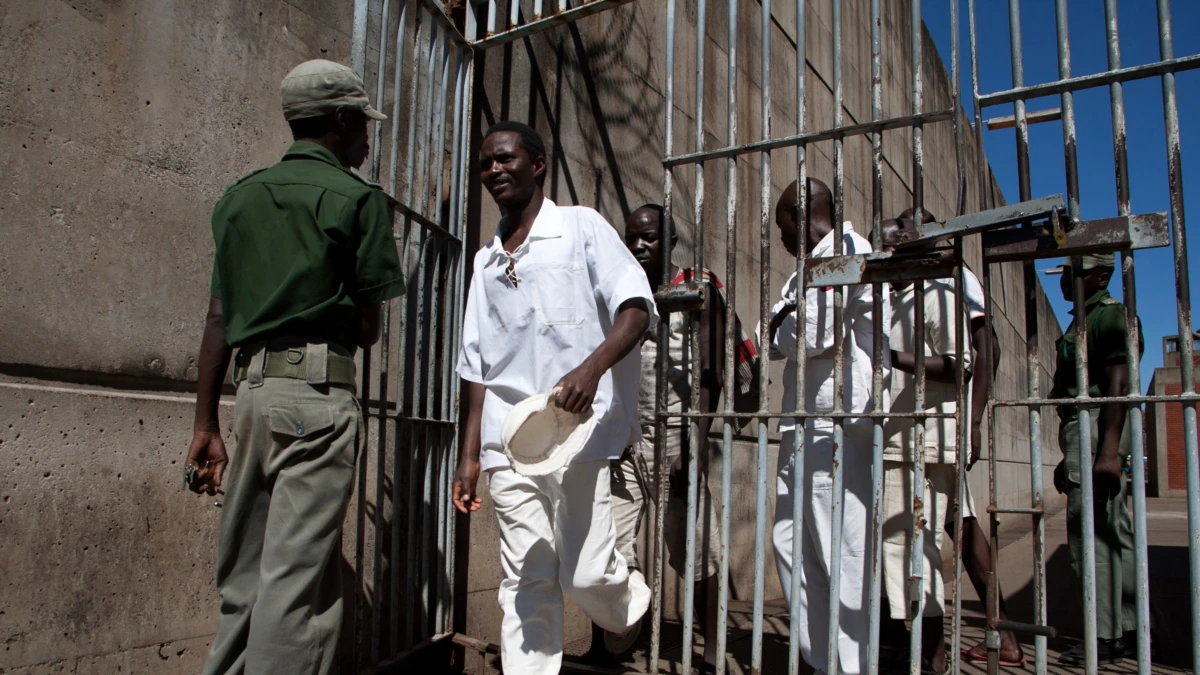HARARE – State-owned power utility ZESA Holdings has applied to the energy regulator to raise its tariff by 30 percent for maintenance of its grid and after the price of inputs like diesel went up.
Uninterrupted power supplies are especially critical for Zimbabwe’s mining sector, which generates more than half of the country’s export earnings.
ZESA’s acting Chief Executive Patrick Chivaura says an increase in tariffs is required after prices of inputs like coal and diesel rose earlier this year.
ZESA’s last application to raise prices by 49 percent in July 2016 was rejected by the Zimbabwe Energy Regulatory Authority (ZERA) and the government, which feared it would further hurt a struggling economy.
Chivaura said if ZERA again refused to sanction a tariff increase, the power company could cut power supplies.
“Generally, what suffers is maintenance which you experience as blackouts in your localities, lines collapsing because we can’t maintain them, we can’t maintain the switch gears, we can’t maintain transformers, and so on,” Chivaura told state media.
Zimbabwe has seen an increase in prices across the board after the central bank in February scrapped a 1:1 official peg to the U.S. dollar, and merged its bond notes and electronic dollars into a transitional currency called the RTGS dollar.
On Monday, Zimbabwe was producing 1,604 megawatts of electricity from its coal-fired and hydro power plants against peak demand of 2,000 megawatts, according to ZESA.
